I never saw Williams play. I never read his book The Science of Hitting. In fact, I had never heard of him until I read a piece in the New Yorker by John Updike, entitled Hub Fans Bid Kid Adieu, and I only read that because it was by John Updike, whose laconic prose style and risqué story-telling was a phase I was going through back in the '60s.
Typically, Updike's essay on the final appearance of Ted Williams, the Kid, was more about his relationship with his current mistress, who had cancelled a tryst that afternoon and Updike had sought solace at Fenway Park, where he was privileged to see Williams sign off with a home run, hit into the Sox bullpen in right centre field.
It was the last of 521 homers that he hit for the Red Sox in a career which, interrupted by World War 11 and the Korean War, spanned 21 years, of which nearly five were on military service. A new book, by Bill Nowlin, celebrates not all of them but those which were 'winning' HRs. By the criteria applied by Nowlin, there were 110 of them. His final hit, in his final game, was a deep drive to right field on a pitch by Jack Fisher. There were only 10,000 fans in the park, but they gave him a two minute ovation.
Williams being Williams, with a famously ambivalent relationship with what became the Red Sox Nation, he did not emerge from the dugout to tip his cap. As Updike said, “Gods do not answer letters.”
Bill Nowlin is no John Updike. But he has written half a dozen or so books about The Kid and more about the Sox. He was also the co-founder of Rounder Records, specialists in country and bluegrass music and released the first Alison Kraus album as well as re-releases of recordings by the Carter Family, Jelly Roll Morton, Lead Belly and Woody Guthrie.
His thoroughness is awesome. His prose style less so, but that's because he is dealing in facts. Facts - and stats - are what American sports writing are about, unless you are John Updike or Bernard Malamud or Philip Roth or (my favourite) Don DeLillo. And this book* - The Kid Blasts a Winner - is a winner, not least because, by definition, it concerns itself with all Ted's game-winning (or to be accurate, game-deciding) home runs.
Which, by definition, means the Sox won every game he writes about.
For me, that makes it a great read. From beginning to end.
I was lucky. From the moment this Englishman’s obsession with the Sox began, I only had to wait just a few years for my first World Series championship. Ted Williams played in only one series, in 1946 when, injured, he was ineffectual. But his couple of decades in a Red Sox uniform were a time that I wish I had been part of.
Bill Nowlin was right there, to the extent that he once put a mitt on a Ted home run to the centre field bleachers.
What's more, I wish I had divided my time between Fenway and the recording studio in which Alison Krauss was singing. Bill Nowlin did.
So, maybe, I wish I was Bill Nowlin. But you have to stick to what you know.
* I am grateful to Summer Game Books for my pre-publication opportunity to read this book. I loved it.
Today from the everysmith vaults: In the early years of this century, Phil Lesh put together a quintet which took improvisation to new levels. This morning, I am attempting (again) to get to the heart of this extraordinary stuff.

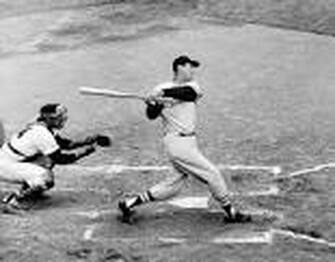

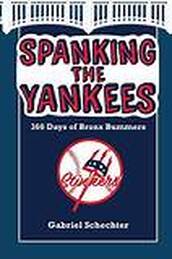
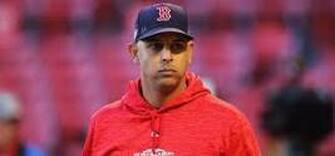
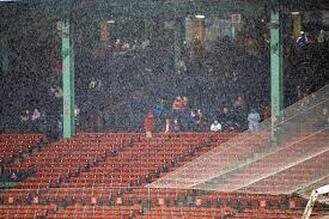
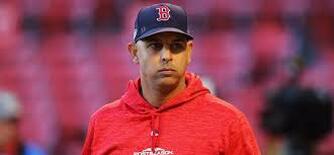

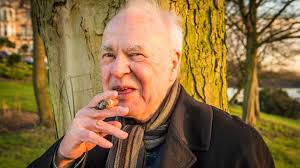
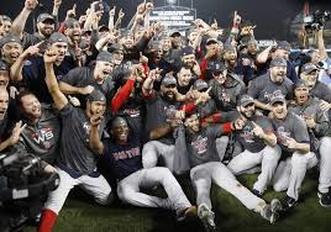




 RSS Feed
RSS Feed